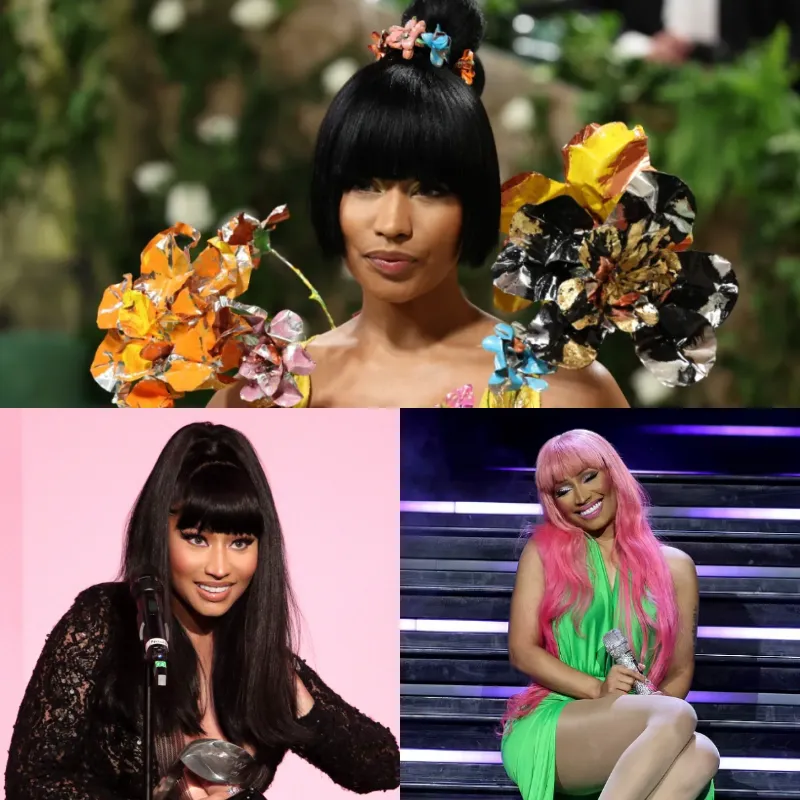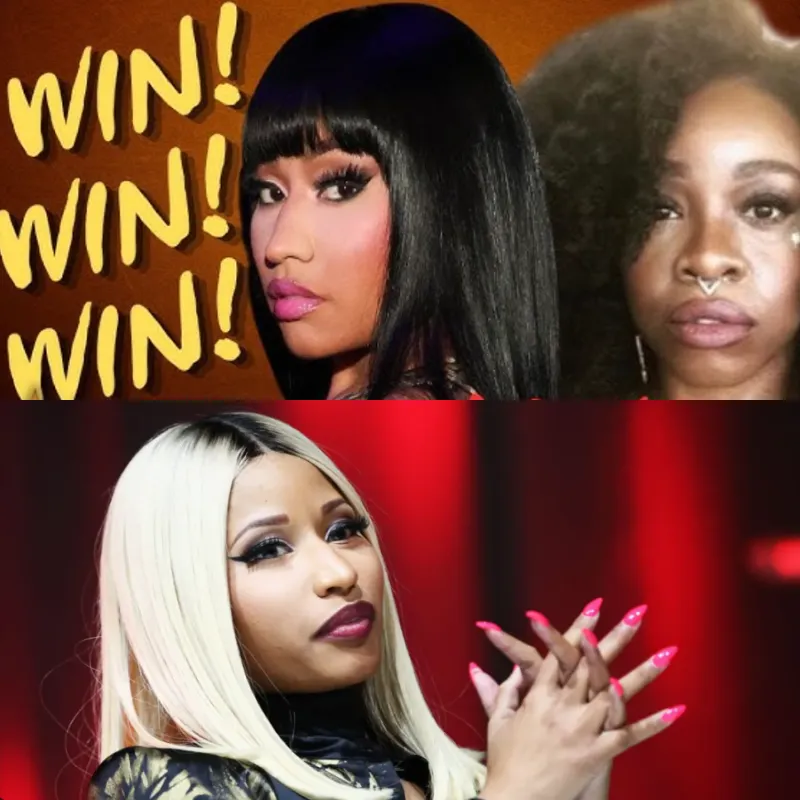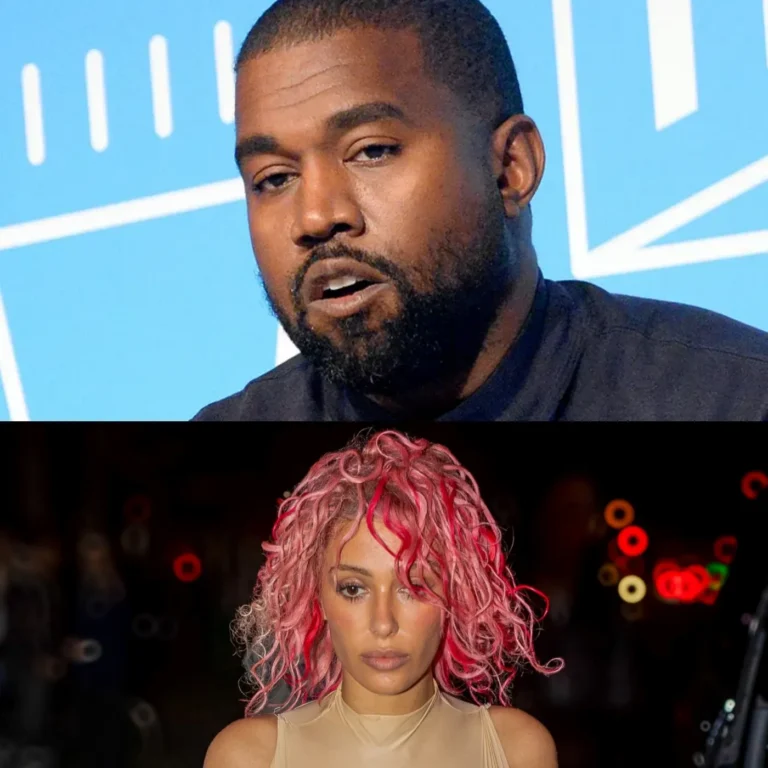
Nicki Minaj recently achieved a major legal victory over a blogger who falsely accused her of drug use. This case highlights the dangers of spreading unverified claims online and the potential consequences for defamation. Minaj’s lawsuit, initially filed in response to defamatory statements made by Marley “Nosey Heaux” Green, has led to a court settlement requiring Green to retract her statements and refrain from making similar accusations in the future. Let’s dive into the details of this settlement and its implications.
The Defamation Case Against Marley “Nosey Heaux” Green
In September 2022, Green posted a video in which she claimed Nicki Minaj was a “cokehead,” insisting without evidence that Minaj engaged in cocaine use. Green’s comments went beyond allegations, describing Minaj’s family in derogatory terms and making offensive remarks about Minaj’s young son. According to court documents, Green’s statements went viral, accumulating thousands of likes and shares across social media platforms, spreading unsubstantiated allegations that damaged Minaj’s reputation.

Settlement Terms and Conditions
As part of the settlement agreement, Green was forced to admit that her accusations about Nicki Minaj and drug use were untrue and baseless. Moving forward, Green is strictly prohibited from making any defamatory statements about Minaj, including remarks about her or her family, or engaging with similar comments posted by others. Each violation of this agreement could cost Green $50,000 in penalties, ensuring serious consequences if she fails to comply.
Legal Ramifications and Nicki Minaj’s Stance on Defamation
Nicki Minaj and her attorney, Judd Burstein, have made it clear that this settlement is a warning to others who may attempt to defame the artist. Burstein announced that Minaj would continue to aggressively pursue lawsuits against anyone who damages her reputation through intentional falsehoods. In addition to securing this settlement, Minaj’s legal team also plans to prevent Green from using the name “Nosey Heaux” as a trademark, stripping her of her online persona if she cannot pay potential future judgments.

Impact on Social Media and Public Figures
This case sheds light on the broader issue of defamation in the digital age, particularly the impact of false claims on public figures. Minaj’s victory reinforces the idea that social media personalities can face significant legal consequences for spreading misinformation. Public figures are increasingly turning to the courts to protect their reputations, highlighting the need for accountability in online discourse.
By taking a firm stand against false accusations, Nicki Minaj’s win may set a precedent for future cases, encouraging responsible reporting and discouraging slanderous behavior on social platforms.




